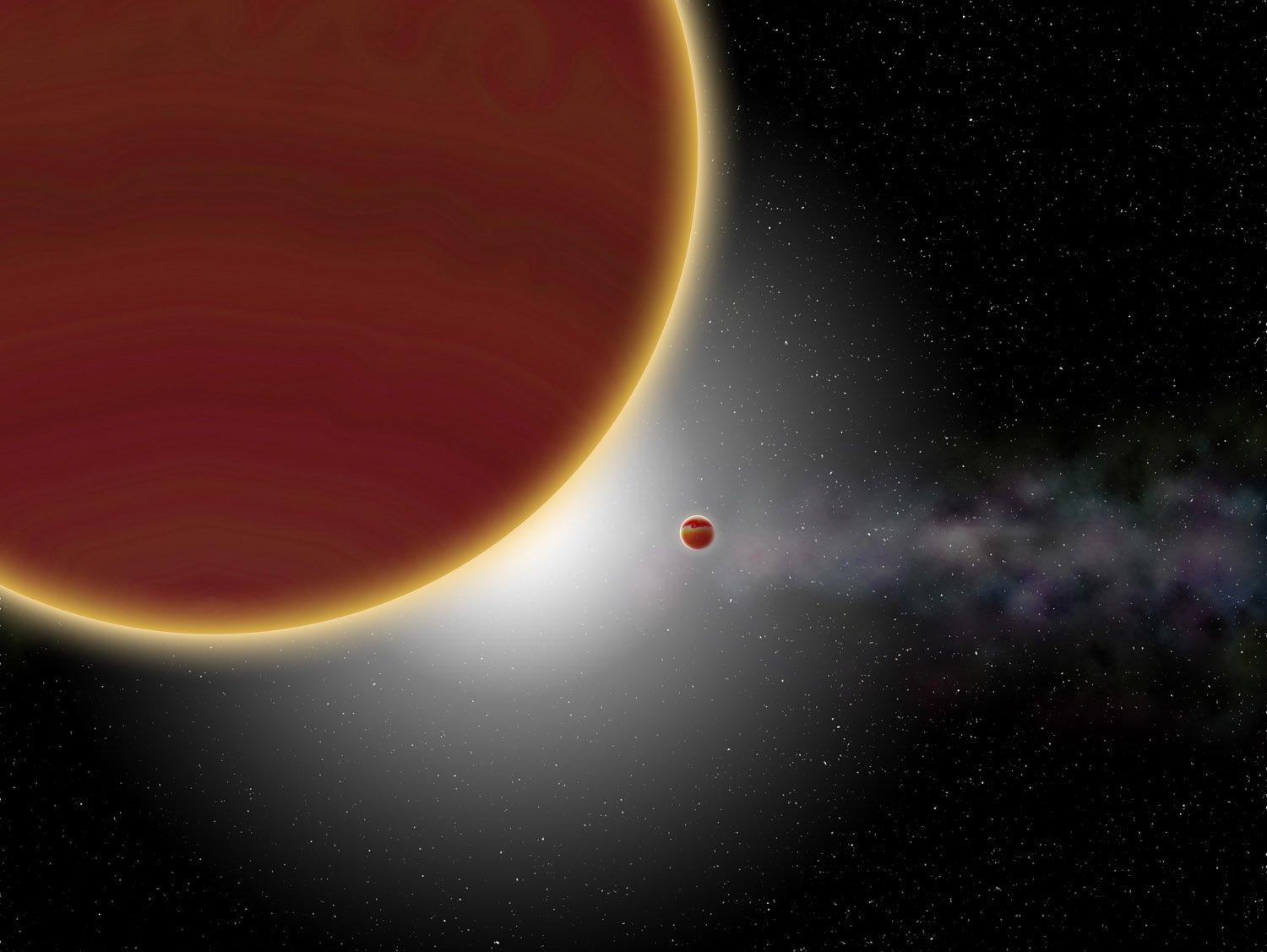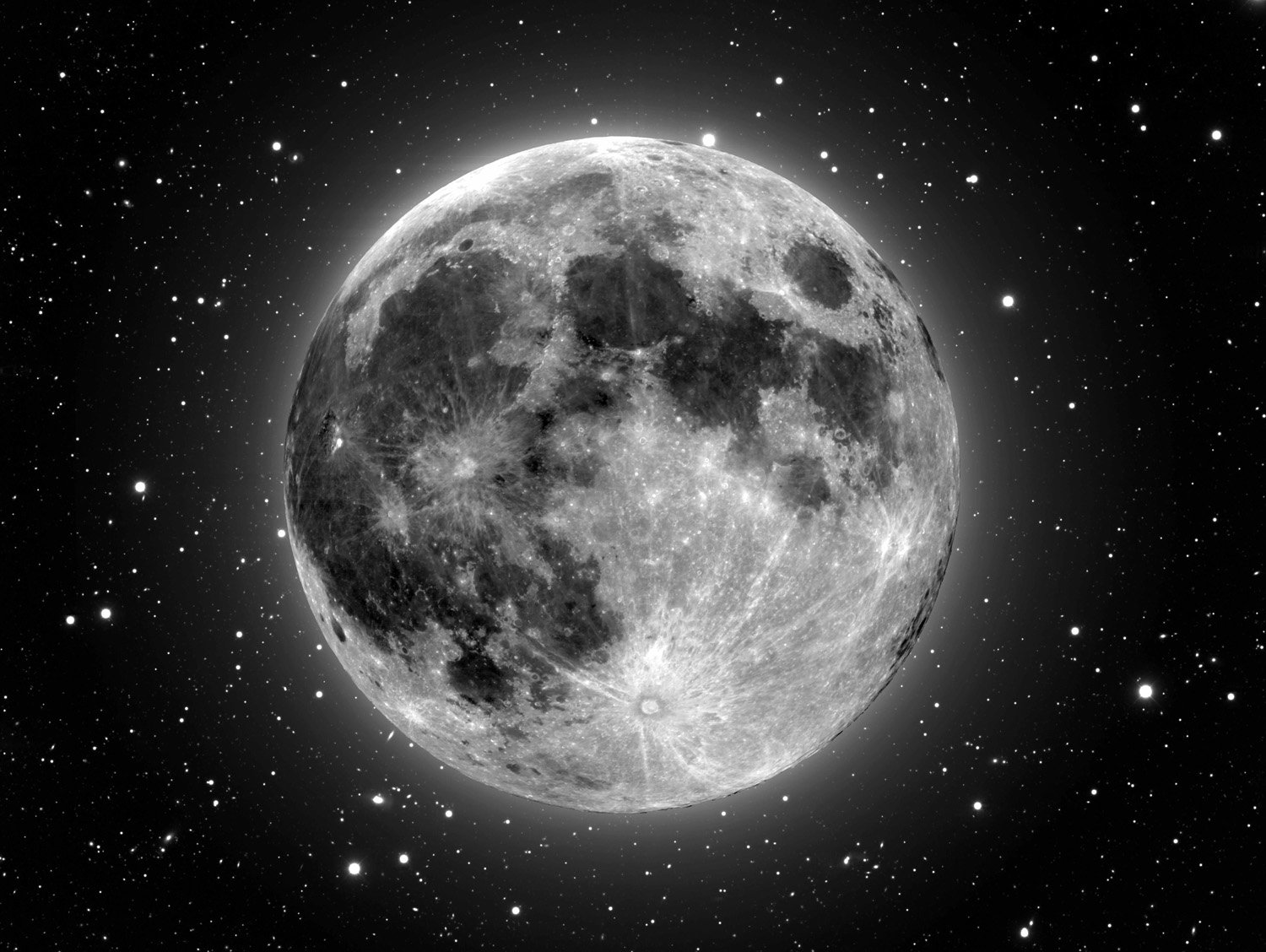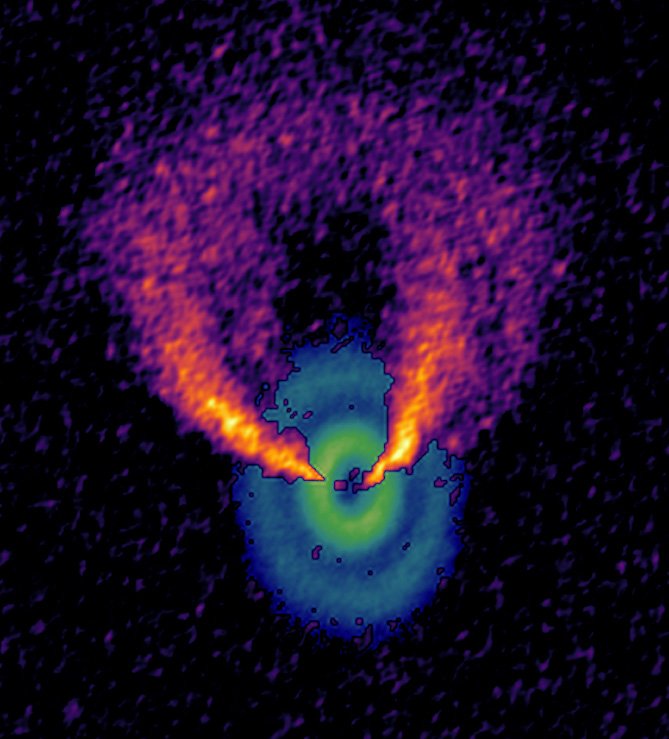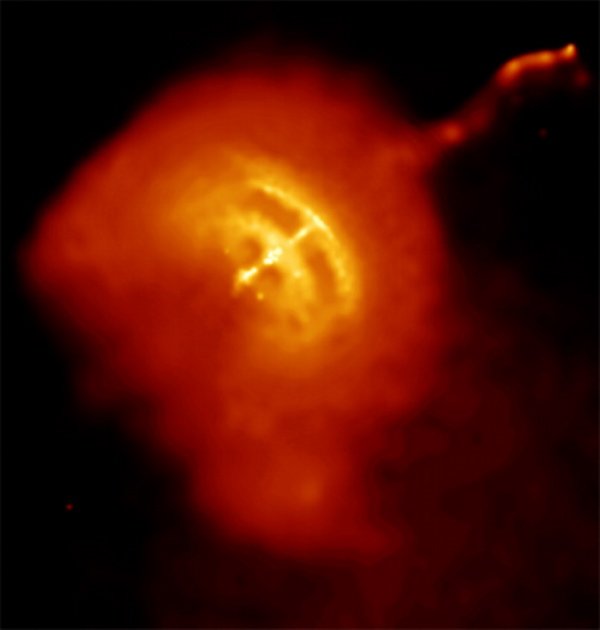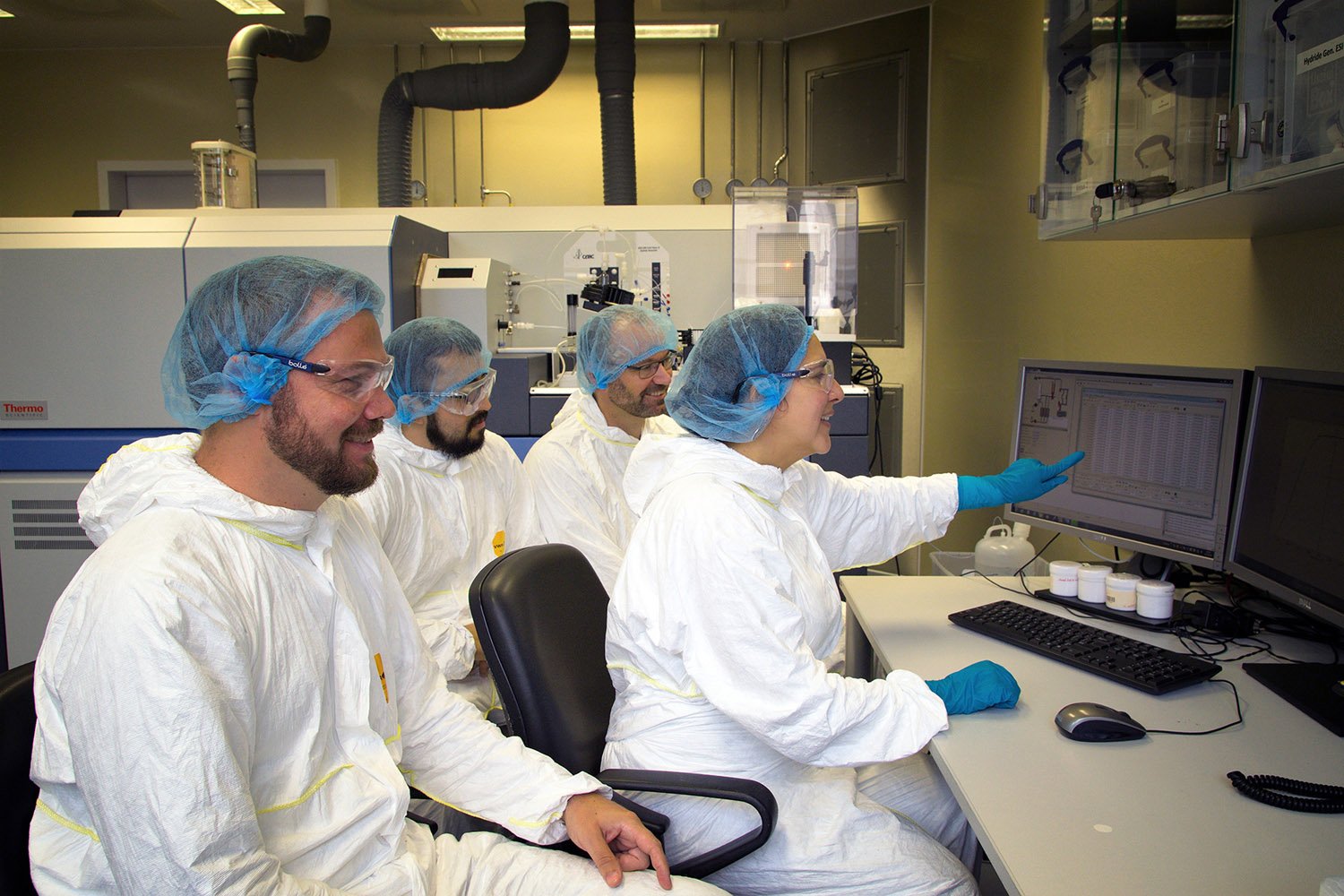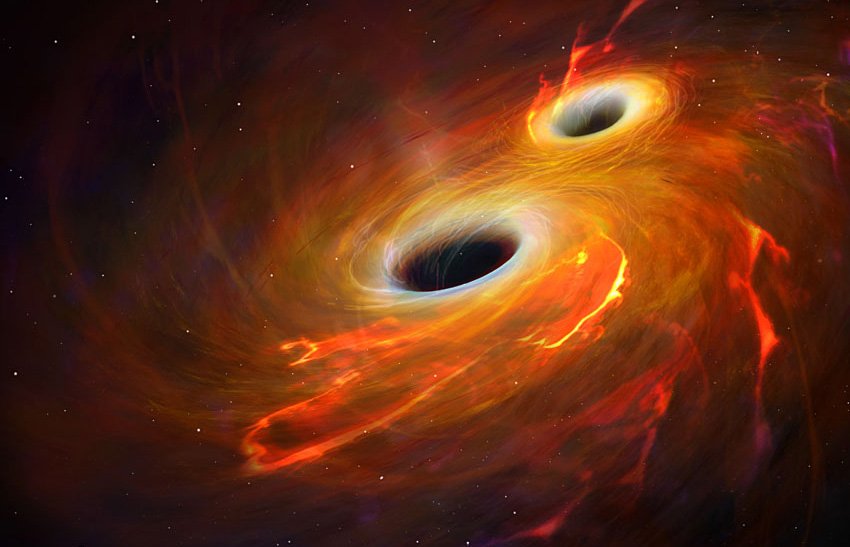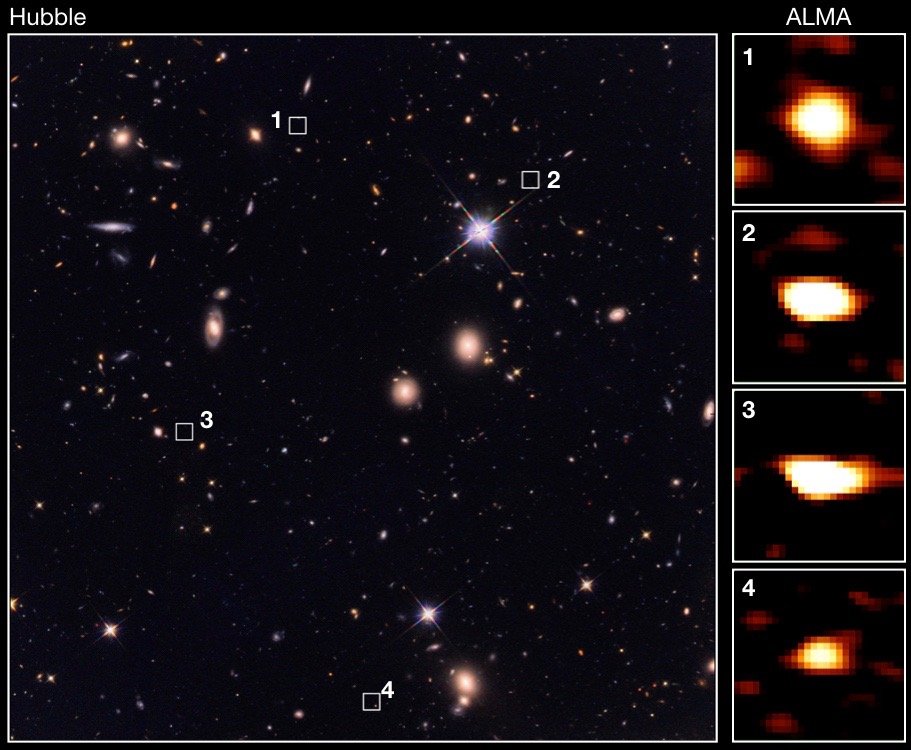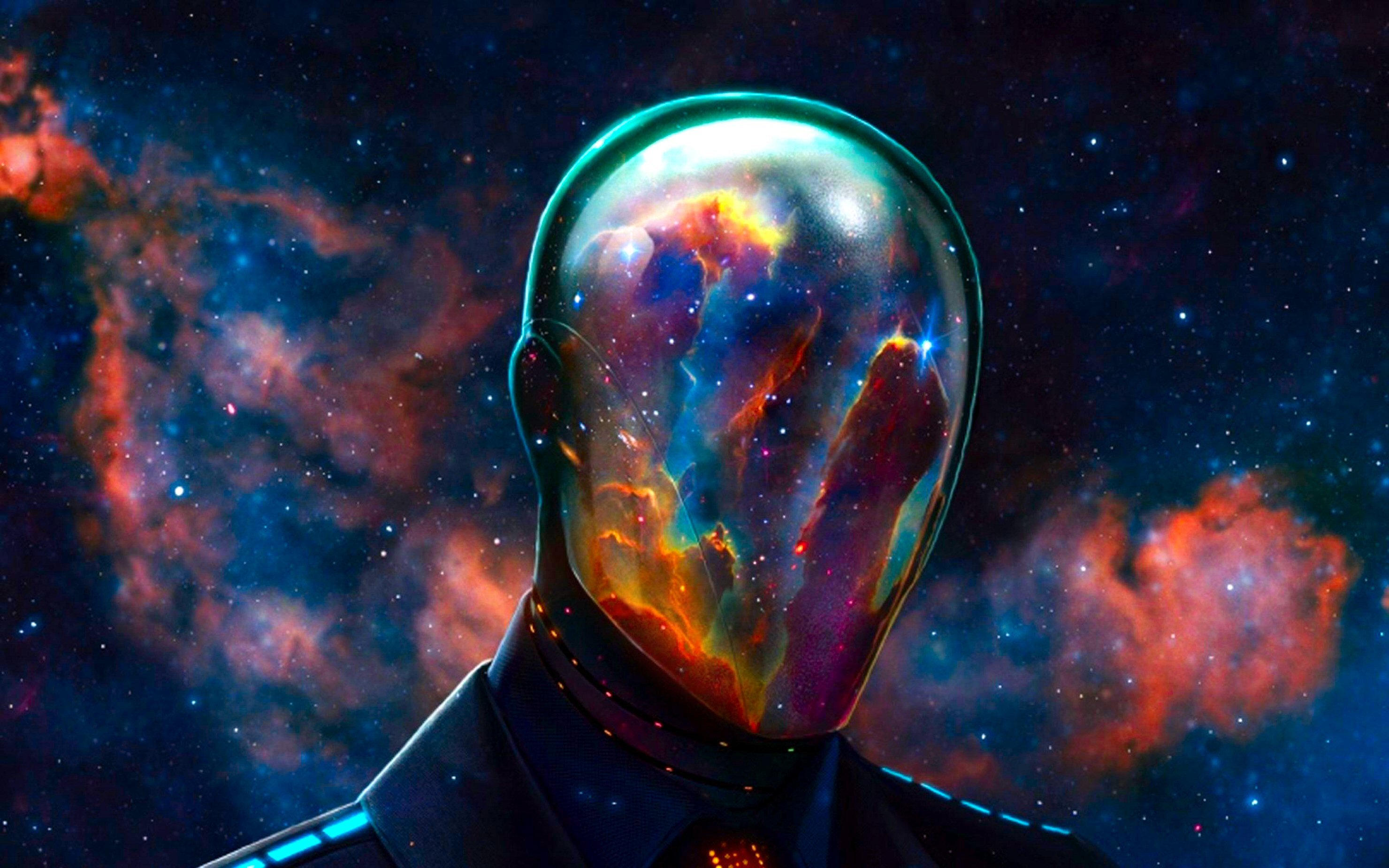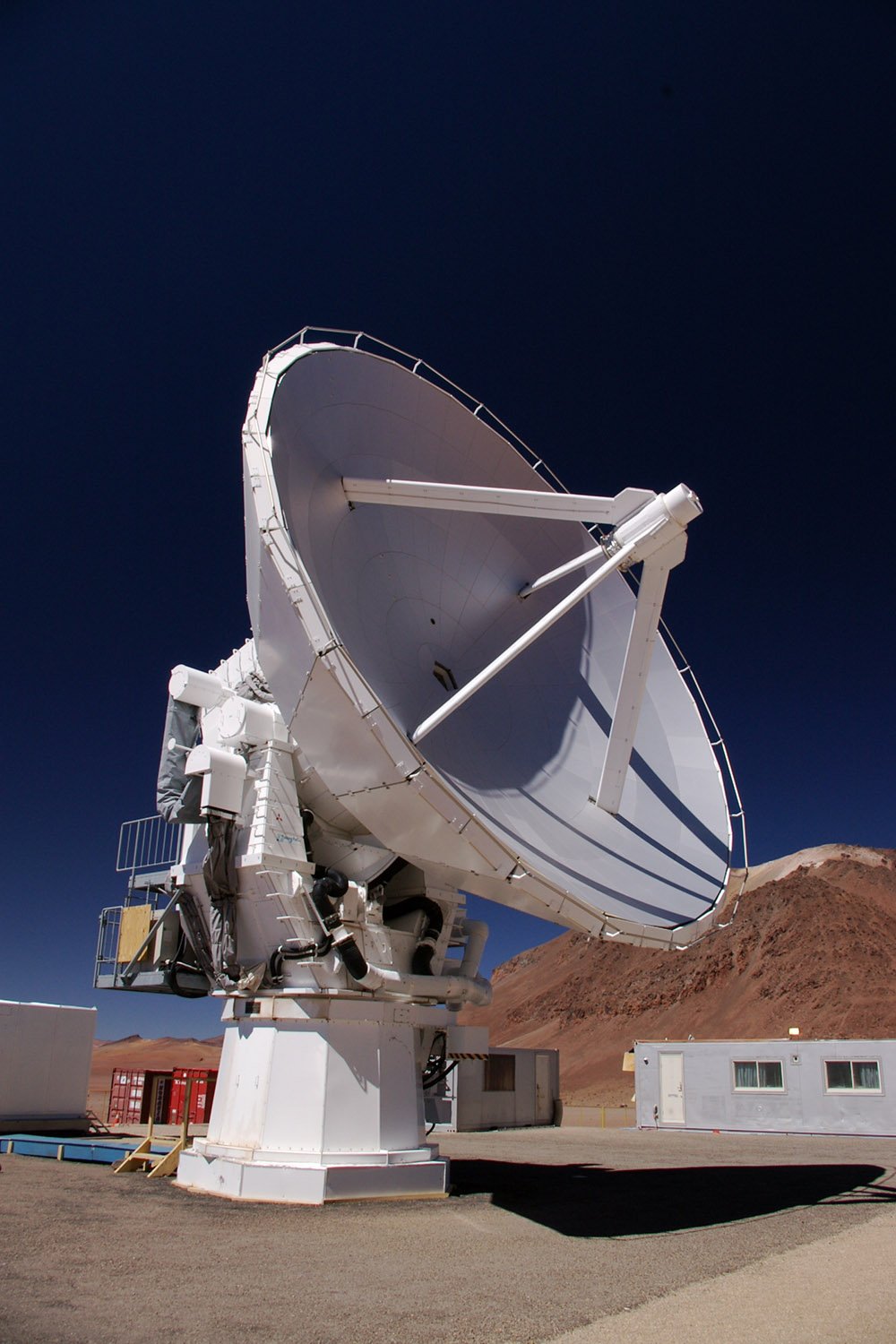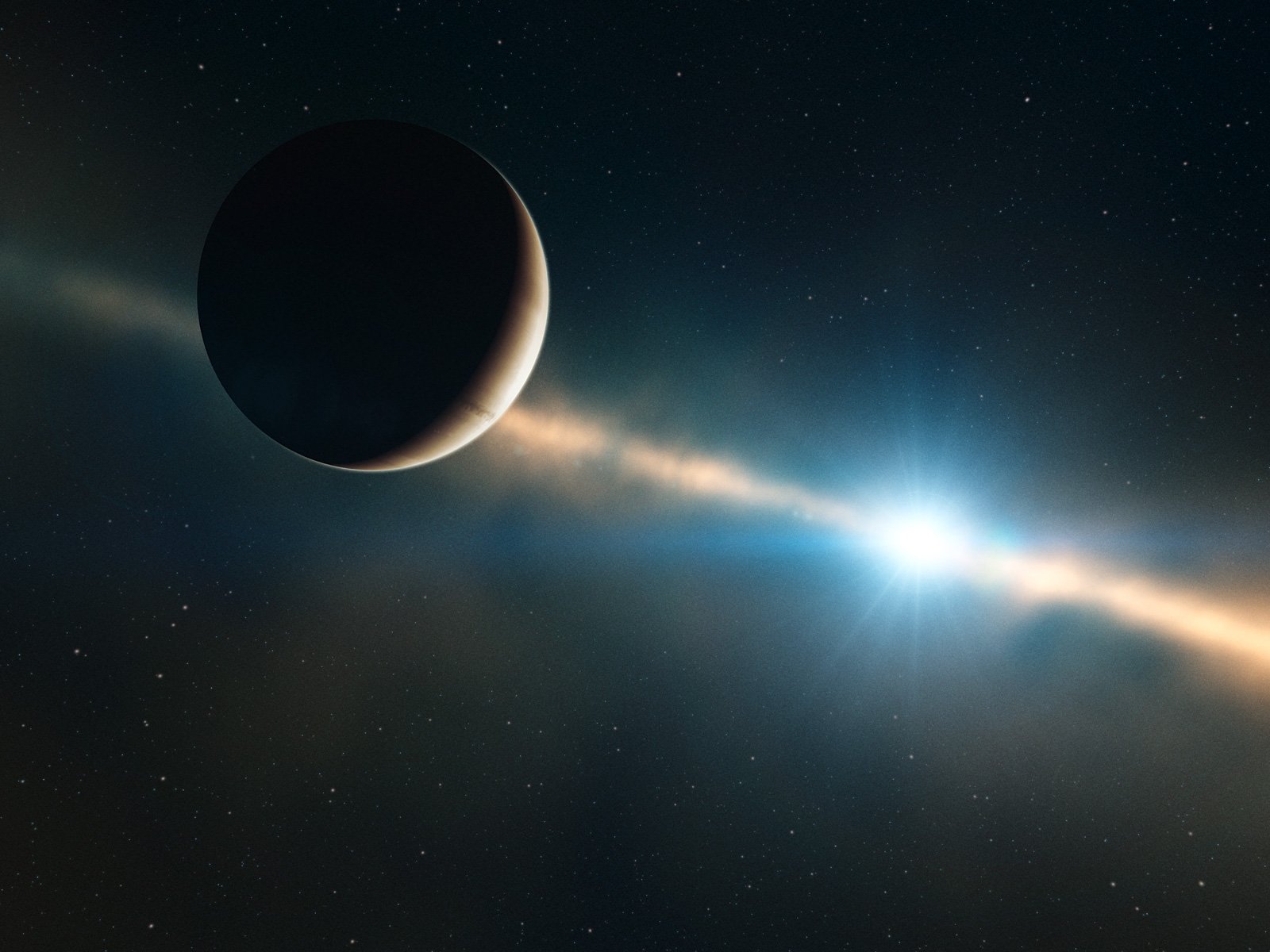A second planet in the Beta Pictoris system
A team of astronomers led by Anne-Marie Lagrange, a CNRS researcher at the Institut de Planétologie et d’Astrophysique de Grenoble (CNRS/Université Grenoble Alpes)1, has discovered a second giant planet in orbit around β Pictoris, a star that is relatively young (23 million years old) and close (63.4 light years), and surrounded by a disk of … Read more
